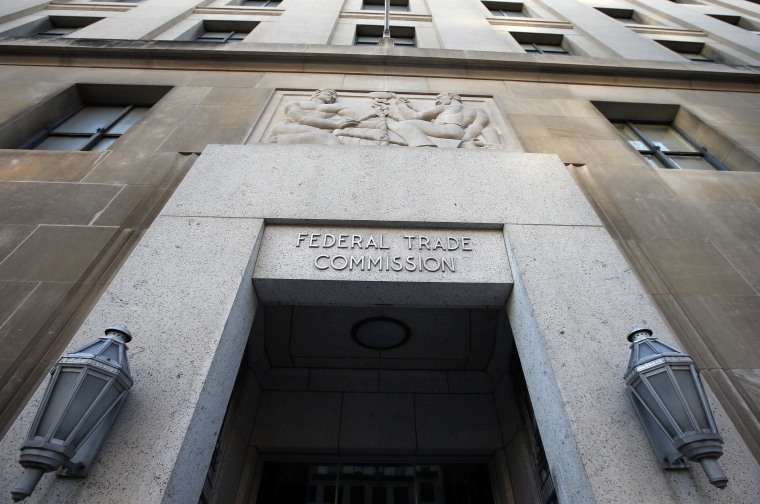The Federal Trade Commission (FTC) and ten state attorneys general have charged a Florida-based cruise line company, Caribbean Cruise Line Inc., and its telemarketing partners with making “billions” of illegal robocalls to sell cruises to the Bahamas. These sales calls were disguised as political surveys in violation of the federal Telemarketing Sales Rule, according to the joint lawsuit.
Political survey robocalls to landline phones are exempt from the FTC’s do-not-call and robocall rules because they do not attempt to sell anything.
“The only way a robocall pitching some good or service is legal is if you’ve given written permission to receive one and these guys had no permission,” said Lois Greisman who heads the FTC’s division of marketing practices.
“The only way a robocall pitching some good or service is legal is if you’ve given written permission to receive one and these guys had no permission.”
Caribbean Cruise Line has agreed to change its business practices and pay a $7.7 million civil penalty to settle this case, although most of that penalty will be suspended after it pays $500,000.
As many as 15 million robocalls a day were placed during this massive robocall campaign, which ran from October 2011 through July 2012, the complaint says. People who got the prerecorded call from “John from Political Opinions of America” were told they’d been “carefully selected to participate in a short 30-second research survey.” By taking the survey, John said, they’d receive a “free” two day cruise for two people to the Bahamas.
Those who completed the survey and tried to get their free cruise were connected to a live telemarketer who tried to sell them add-ons and other travel packages. The FTC claims these calls generated millions of dollars for the cruise line.
Political Action Committees
When contacted for a comment, the company’s attorney emailed a statement to NBC News. It said Caribbean had agreed to allow its complimentary cruise promotion to be used by a group of Political Action Committees (PACs) to increase the response to the survey calls the PACs made during the presidential election of 2012.
“Unfortunately, the PACs made calls that were not part of the program that Caribbean had approved,” the statement said. “Since Caribbean had long before disassociated itself from the PACs and the survey calls being made, Caribbean chose to settle the dispute, and there was no finding of any wrongdoing.”
The full statement:
“The settlement stems from political survey telephone calls that were made in 2011 and early 2012. Caribbean was contacted in behalf of a group of Political Action Committees ("PACs") and asked if the PACs could offer Caribbean’s complimentary cruise promotion to participants in the political survey calls made by the PACs in connection with the presidential election of 2012.After vetting the request with its attorneys, Caribbean agreed to allow its complimentary cruise promotion to be offered to recipients of certain of the calls made by the PACs. Unfortunately, the PACs made calls that were not part of the program that Caribbean had approved.Although Caribbean did not make the calls, the FTC brought suit against Caribbean, alleging that the calls offering the complimentary cruise promotion (requested by the PACs to increase the response to the political survey calls) violated the TCPA. Since Caribbean had long before disassociated itself from the PACs and the survey calls being made, Caribbean chose to settle the dispute, and there was no finding of any wrongdoing.”
